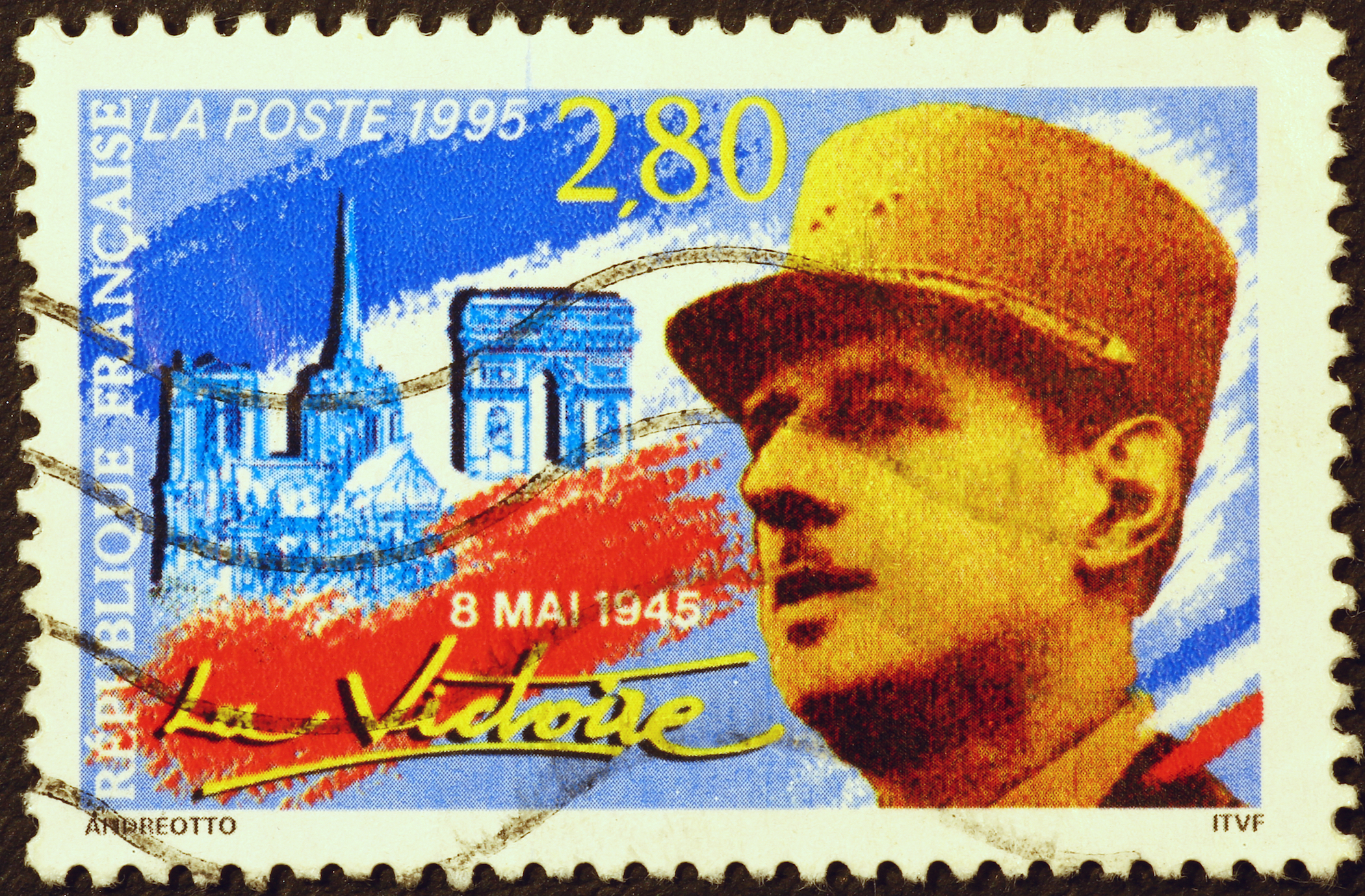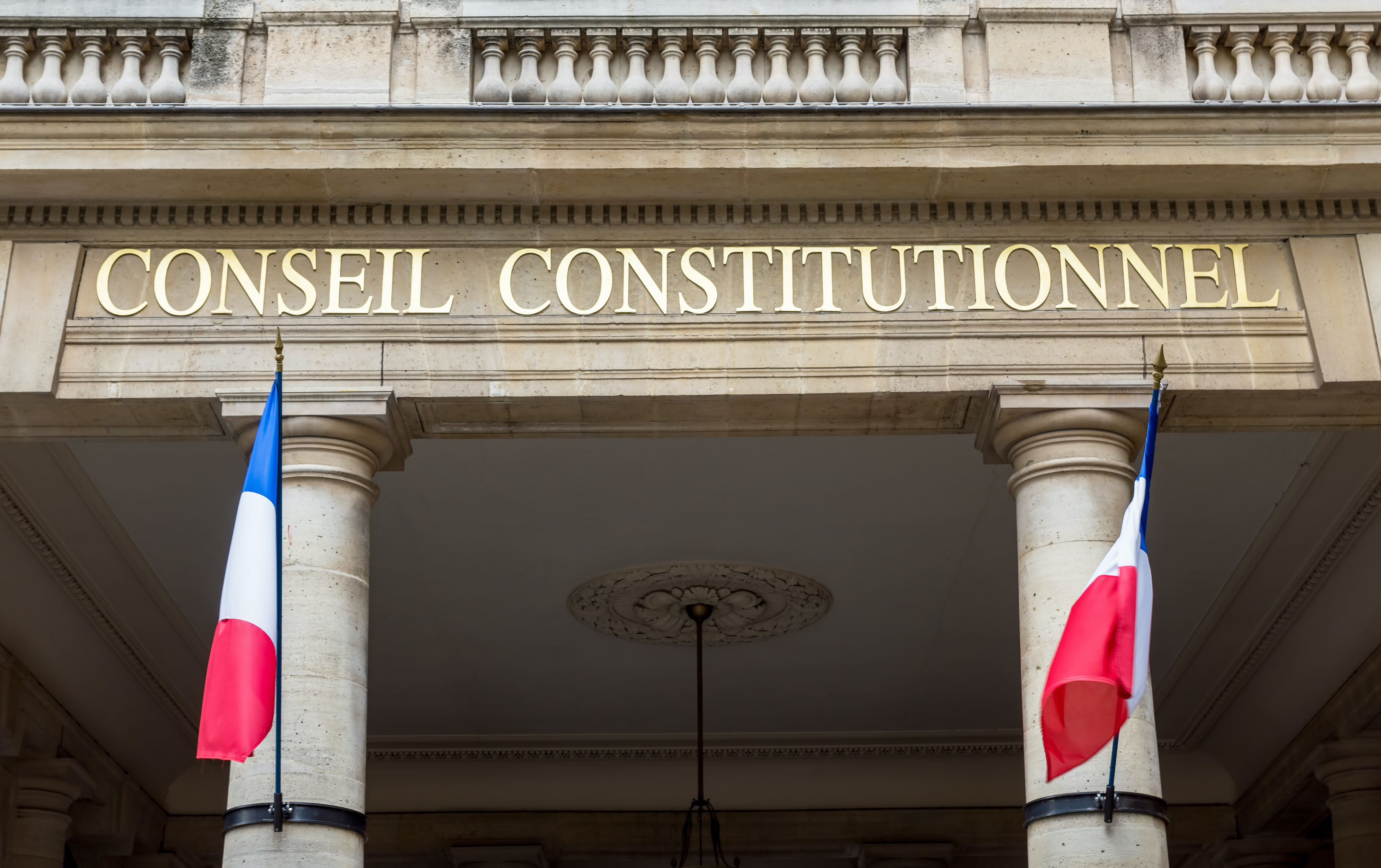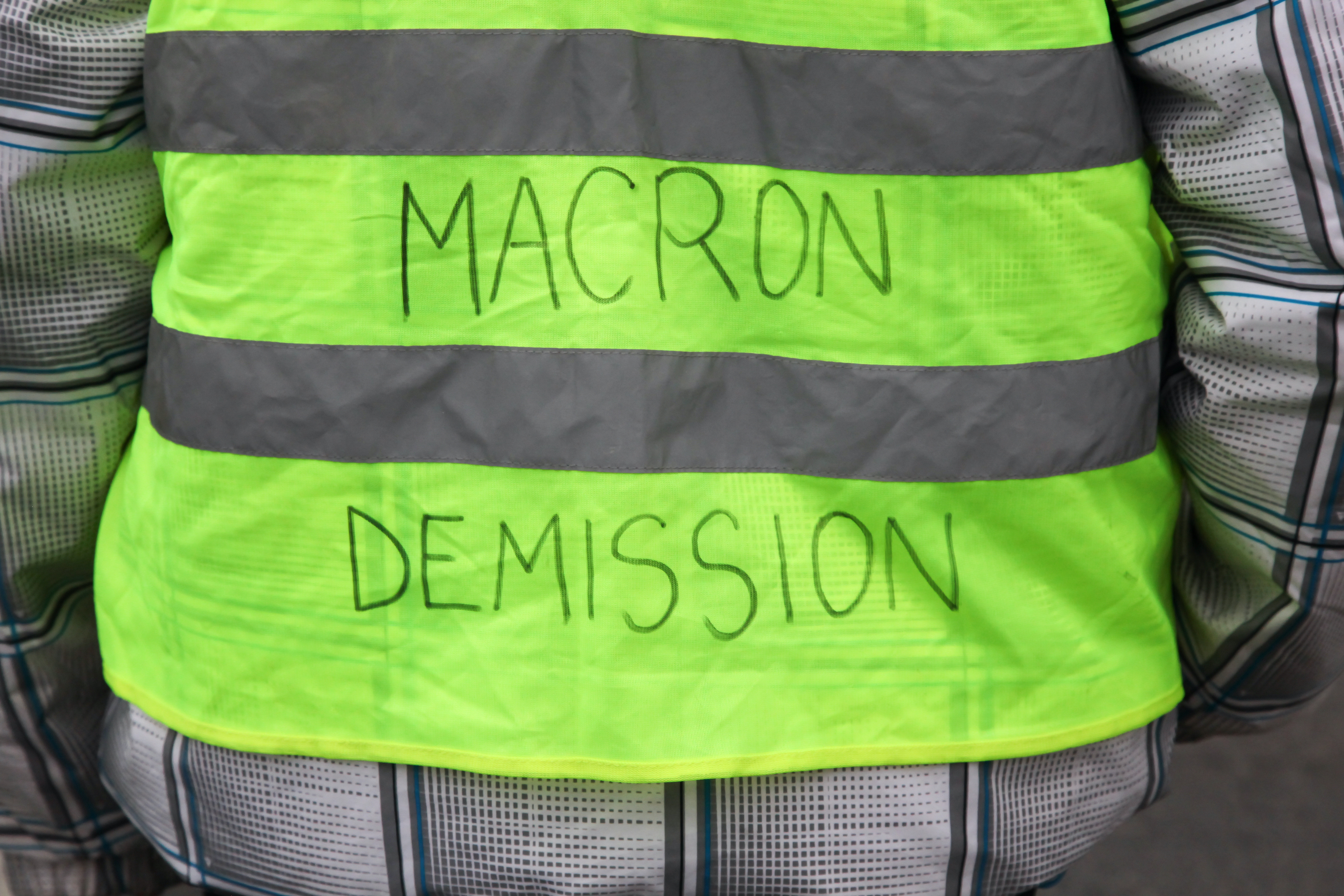A lot of people are obsessed with a de Gaulle myth. The danger of talking too much about a myth is that we forget that there is a reality; there is an important historical legacy which really matters in France today. There are a lot of aspects to it. One that might seem very obvious, but which does need to be mentioned, is that had there not been de Gaulle between 1940 and 1944, the French people’s view of themselves after 1944 would have necessarily been very different.
By an extraordinary act of willpower and bluff, de Gaulle managed, between 1940 and 1944, to take a nation that had been utterly defeated, and end up, in 1944 and 1945, on the winning side. That is a particularly extraordinary thing. He knew perfectly well that there was an element of bluff in it. He knew that France had been liberated in 1944 by the British and the Americans, and that that would have happened without him, but he managed to insert himself into that history.


